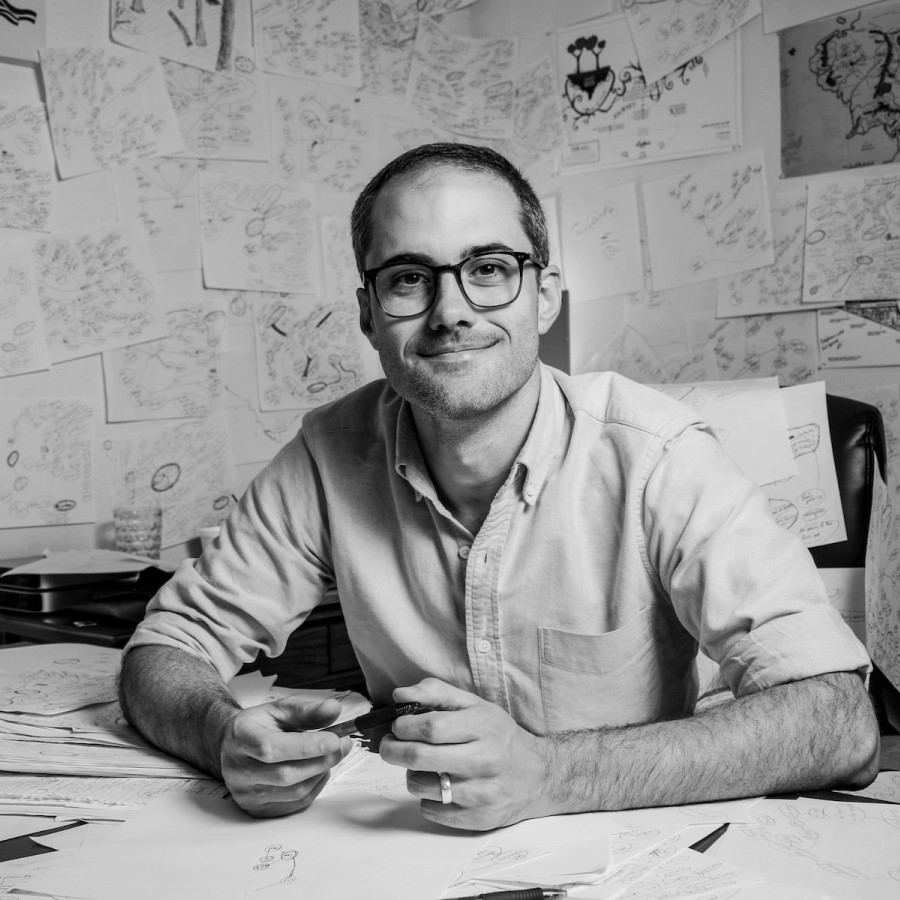12/3/2016, 1/19/2017: On Perfectionism and Creativity
Perfectionism kills creativity. It drives the brain to the left side of the road in hopes of removing all imperfections—an editing process. Without feeling the freedom to make mistakes, a person cannot create. But the idea doesn’t stop there, else all perfectionists would be doomed from ever creating (and from the liberation of learning to do so).
Perfectionism, if it’s anything like what I consider my own perfectionism, is a flight from or fight against fear. In this case, it battles the fear of failing to meet some standard.
Call it what you will, but I call this legalism. It’s either the case of valuing the wrong standard or the case of failing to recognize Christ as the one who has met the right standard on our behalf. I say this because the only standard really worth meeting, the only standard that should cause us fear for not meeting it, is that which restores a right relationship between God and man. There are other desirable standards, to be sure, but they fall short of this one, and all become idols (1/19/2017: indeed, even this standard can be an idol if elevated above God, himself) as soon as they become our driving force, as soon as Christ’s imputed righteousness, our redeemed relationship with God and man, the hope to which we look forward, is not enough. We can handle falling short of those standards with poise and contentment because they do not come before that which secures us. (I need to develop these ideas more).
That being the case, perfectionism is sinful, or it is symptomatic of sinfulness. It is a lack of godly character. It is an issue in need of grace—whether common grace (as is the case for so many ungodly artists) or special grace for sanctification. That is to say, the recognition of the premier value of the standard that Christ met, of the Gospel, and faith in Christ as the attainer of the standard (and all that such entails) frees a person from the other standards that enslave him (in fear). And in freeing him from fear, he feels free to make mistakes and thus becomes more able to create. Moving from perfectionism to creativity is a liberation. And it is a product of the grace of God.
This is what I felt when I started writing.
1/19/2017: Another way of arriving at this:
As God is love, I think that God is Creativity (and I think A.W. Tozer would agree).
God, in his self-existence, is the standard and source of all the things that he is (love, joy, peace, patience, etc.). He doesn’t receive his characteristics from some higher provider, and he does not match up to some higher standard of goodness, of love, of whatever. He is the standard. These things belong to him as intrinsic to his nature (and to none other apart from his making it so, though sans infinitum, as far as I can figure). These are aspects of his character, descriptions of who he is. And the existence of these things in the creation is a product of God having created it and making it in accordance with who he is (Good is like God, Evil is unlike God, and God does no evil). Aberrations of these things came as a result of sin. So, God alone existing in and of himself, and him being the Creator, who creates from nothing, is creative and thus the standard of Creativity.
For mankind to be like God in his creativity is to be a subcreator (Tolkien). And because sin has made us unlike God, and since to be made like God is a product of grace, becoming creative is a grace.
